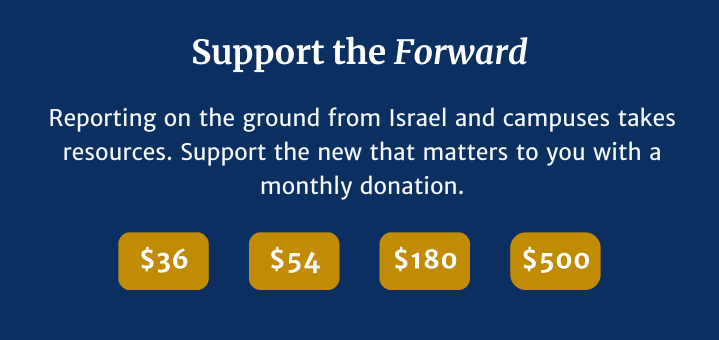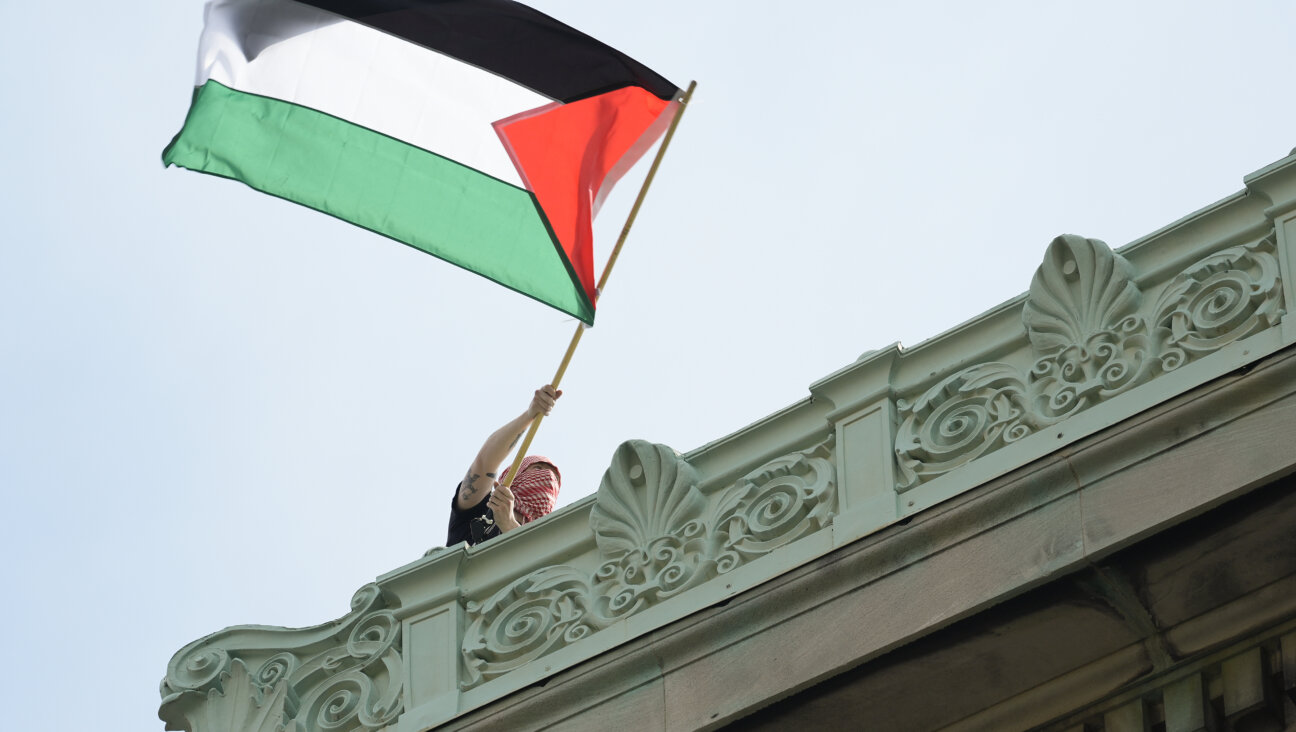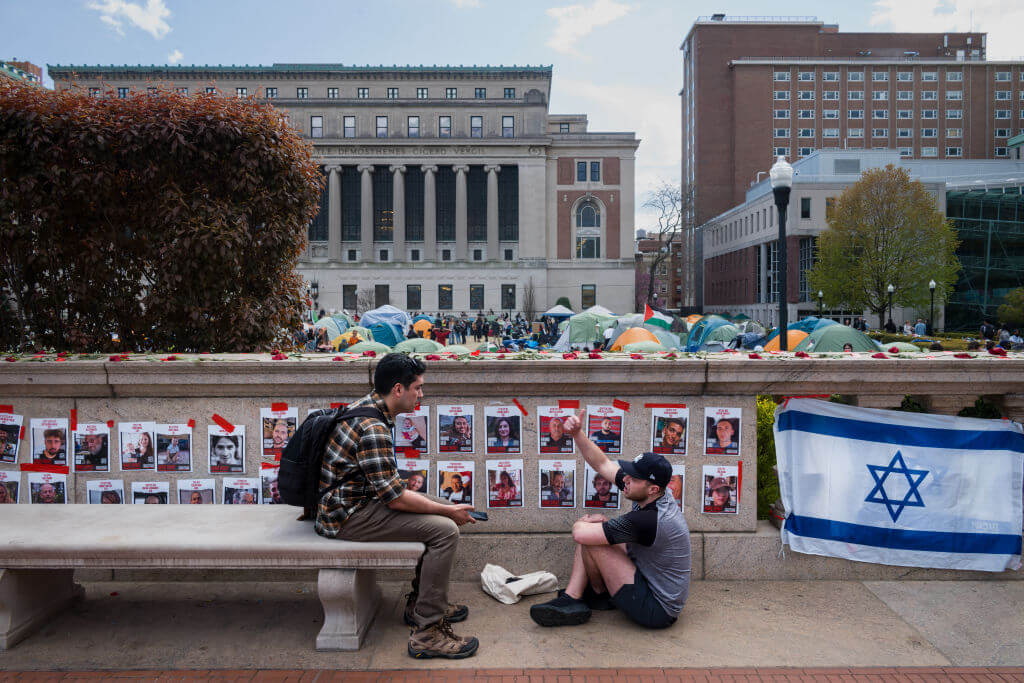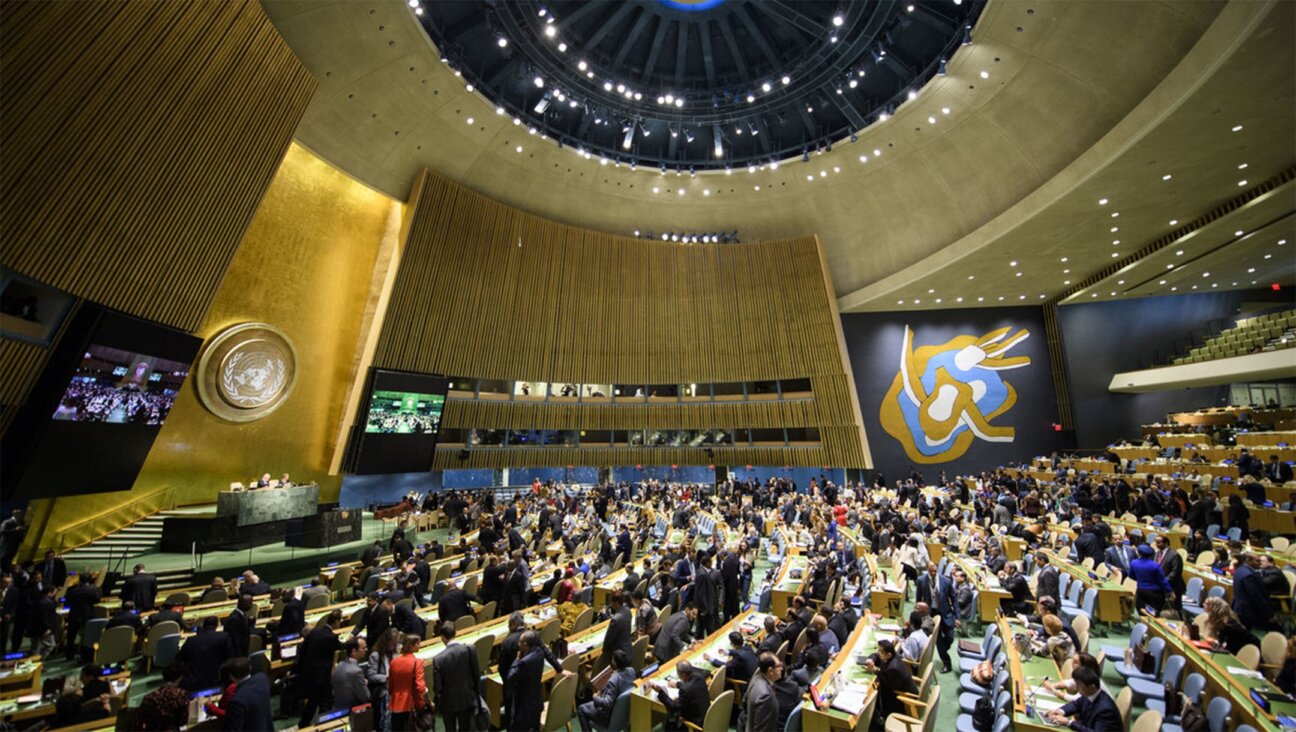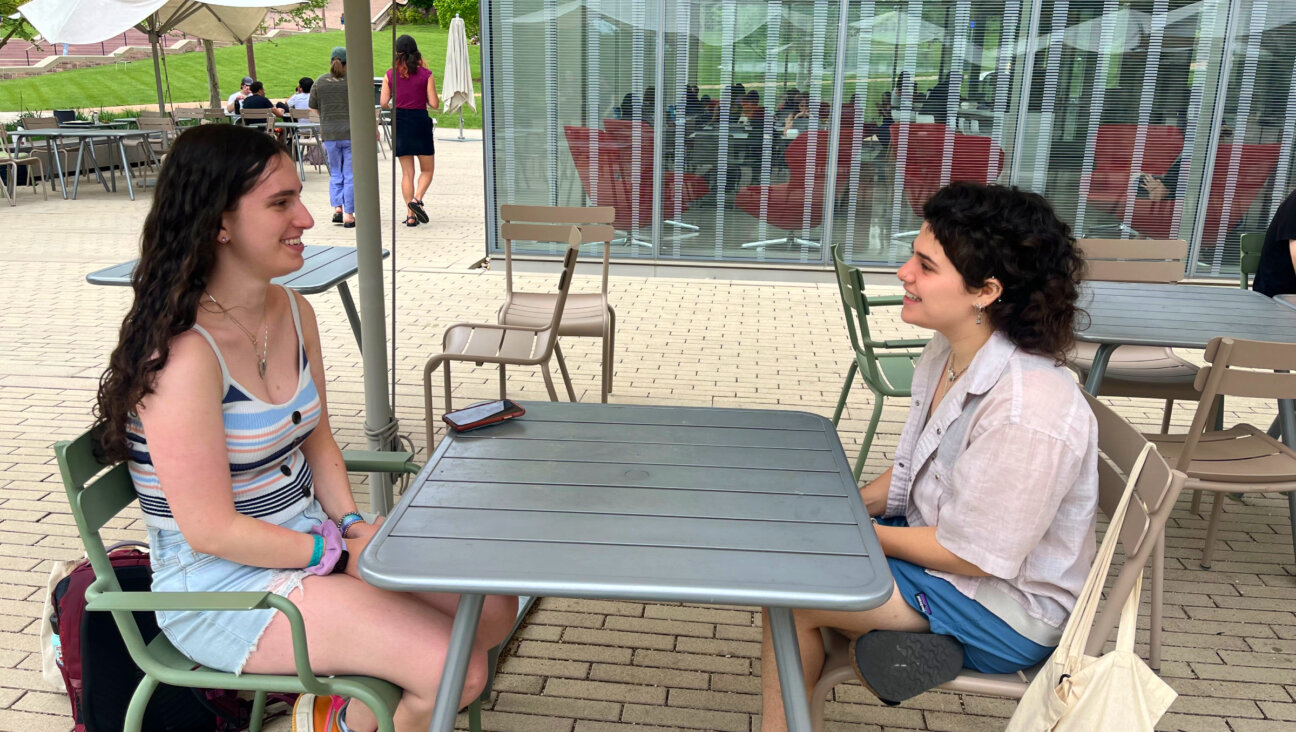New Year’s Push for Resumption of Peace Talks
Jordan and the Quartet on the Mideast are working to bring Israel and the Palestinians back to the negotiating table, sources indicated on Sunday, ahead of a January 26 Quartet deadline for the resumption of direct negotiations.
Officials are ostensibly attempting to convene a meeting this week between top Palestinian negotiator Saeb Erekat and Prime Minister Benjamin Netanyahu’s personal emissary Yitzhak Molcho, in which the agenda for future direct talks will be determined.
According to a Quartet document formulated in September, an agenda-setting meeting between Erekat and Molcho was supposed to take place over two months ago, with the Quartet’s January 26 deadline for the resumption of talks edging ever nearer.
Last week, a top Israeli official said that the Palestinian leadership submitted a proposal to renew peace talks with Israel that drops their long-standing demand that Israel ceases all West Bank settlement construction.
The Palestinian proposal was reputedly the result of heavy pressure applied by Quartet members – the United States, the European Union, Russian, and the United Nations – on Palestinian President Mahmoud Abbas to renew talks before the Quartet deadline.
According to officials with knowledge of the proposal, the Palestinian Authority informed the Quartet two weeks ago that it would renege on its demand for a settlement freeze if Israel releases 100 prisoners as a show of good will.
The prisoners in question are reportedly all veteran inmates, incarcerated in Israeli prisons since before the Oslo accords.
The Israeli official indicated that Israel rejects the Palestinian offer for two reasons: 1) That it replaces one precondition with another, and 2) since officials say the Palestinian proposal is too vague and did not make it clear whether the prisoners’ release will lead to full talks that would include meetings between Netanyahu and Abbas or to preliminary talks only.
For more, go to Haaretz.com

I hope you appreciated this article. Before you go, I’d like to ask you to please support the Forward’s award-winning, nonprofit journalism during this critical time.
Now more than ever, American Jews need independent news they can trust, with reporting driven by truth, not ideology. We serve you, not any ideological agenda.
At a time when other newsrooms are closing or cutting back, the Forward has removed its paywall and invested additional resources to report on the ground from Israel and around the U.S. on the impact of the war, rising antisemitism and the protests on college campuses.
Readers like you make it all possible. Support our work by becoming a Forward Member and connect with our journalism and your community.
Make a gift of any size and become a Forward member today. You’ll support our mission to tell the American Jewish story fully and fairly.
— Rachel Fishman Feddersen, Publisher and CEO
Join our mission to tell the Jewish story fully and fairly.






